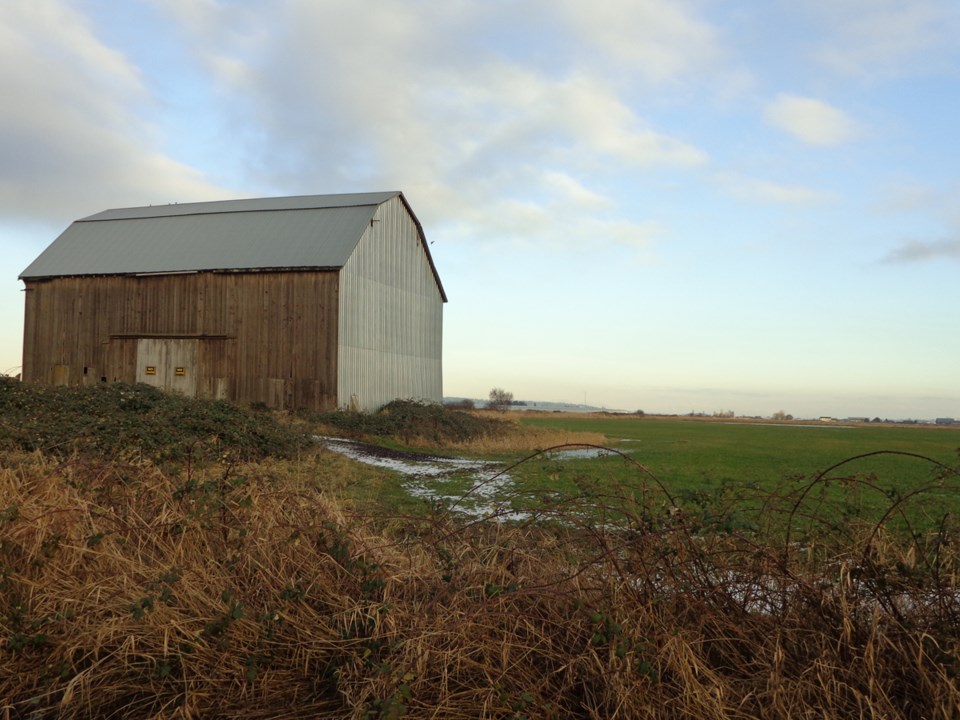The City of Delta will have another say on Metro Vancouver’s vision for the community.
Metro 2050 is to replace Metro Vancouver 2040: Shaping our Future and is intended to be a long-term guide for land use decisions in the region.
Council recently received a letter from Metro Board Chair Sav Dhaliwal stating that a final draft of the regional district’s strategic plan has been referred back to affected jurisdictions following a public hearing last month.
Communities were given 60 days to approve and sign off on the document, or indicate why they are opposed.
If a local government fails to act within the period for acceptance, it is deemed to have accepted the proposed regional growth strategy, he explained.
“Metro 2050 introduces important new and enhanced policies that will help Metro Vancouver, member jurisdictions, TransLink, and other parties address the significant challenges facing this region - including climate change, housing affordability, equity, and resilience - and will advance our shared vision for a sustainable, prosperous, and livable region,” wrote Dhaliwal.
Regional district staff will be reporting to the Metro Vancouver Board at its July 29 meeting on the status of affected local government acceptances.
While Delta staff will bring back a report to council on the Metro referral, a previous report on the proposed strategy notes that, overall, Metro 2050 is an appropriate plan for the region, bearing in mind the uniqueness of Delta's geography and demographic makeup.
However, the city also outlined a series of concerns including the future of agricultural lands.
The report noted that, given the importance of agricultural lands to Delta and the region as a whole, the revised definition of agricultural lands in Metro 2050 appears to open possibilities around the use of agricultural land that previously did not exist.
“In addition, Metro 2050 has removed the emphasis on food production stipulation for agricultural land, which should be carefully considered in the context of the use of agricultural lands for cannabis production and the need for regional food security,” the report notes.
The report also warns the strategies around trade-oriented lands in Metro 2050 pose potential land use conflicts related to agricultural and environmentally sensitive lands in a municipality like Delta.
“Metro 2050 should also recognize challenges to the protection of Delta's agricultural and environmentally sensitive lands associated with the anticipated Port expansion. The Vancouver Fraser Port Authority has stated that, if approved, Roberts Bank Terminal 2 will require 1,000 ha (2,500 ac) of developable industrial land close to the terminal for port-related industry.”
The Delta report also notes, among other issues, that Metro 2050 includes a goal to increase the area of lands protected for nature from 40 percent to 50 percent of the region's land base by 2050.
Delta lacks comparable ecosystem protection targets to increase protected land by 10 percent, so staff will review the potential effect of implementing such a target.
“However, as the home to the Burns Bog Ecological Conservancy Area covering over 2,300 ha (5,600 ac), a considerable amount of Delta's land is already protected and meeting the Metro 2050 goal for an increase in protected lands may therefore be challenging,” the report adds.



